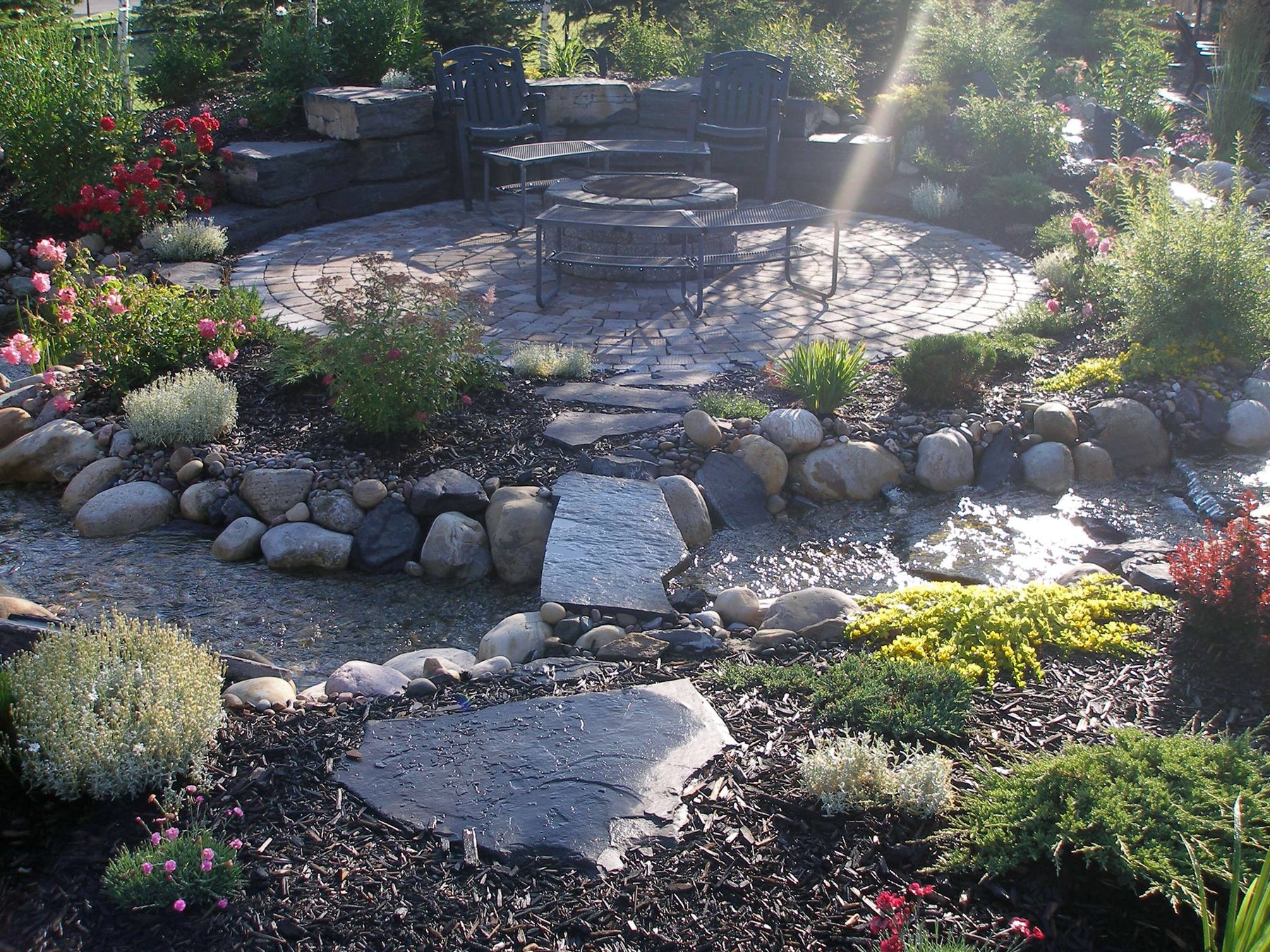
Should I Use Mulch In My Garden?
Suppose you're an avid gardener or just getting started. In that case, you might wonder if mulch benefits your garden or if you should put mulch around your garden. To learn more about such questions, continue reading this brief article.
Mulching is a gardening practice that involves placing a layer of material over the soil surface to provide various benefits. One can make mulch using multiple materials, including shredded leaves, bark, straw, compost, or grass clippings.
While there are several advantages to using mulch, there are also some potential drawbacks.
Advatanges of Using Mulch in Garden
One significant benefit of mulching is that it can help suppress weed growth. Mulch blocks sunlight from reaching weed seeds, preventing them from sprouting. This can be helpful in areas where weeds are prevalent or challenging to control.
Additionally, mulch helps retain soil moisture by reducing water evaporation from the soil surface. This means you may need to water your plants less frequently, which can save time and reduce water usage.
Another advantage of using mulch in garden is that it can help regulate soil temperature. In hot climates, mulch can lower soil temperatures, preventing plants from becoming heat-stressed.
In colder climates, mulch can help insulate the soil and keep plant roots warm during winter. Mulch can also help improve soil health by promoting the growth of beneficial microorganisms that break down organic matter and release nutrients into the soil.
Should I Use Mulch
When deciding whether to use mulch in your garden, consider the type of plants you are growing and the climate in your area. Some plants may benefit more from mulch than others, and certain types of mulch may be better suited to specific growing conditions. For example, if you live in a hot, dry climate, a reflective mulch such as white plastic or aluminium foil may be more effective at regulating soil temperature than organic mulches.
On the other hand, if you're growing vegetables or other food crops, using an organic mulch in garden such as compost or straw can help improve soil fertility and reduce the risk of contamination from synthetic materials.
Disadvantages of using Mulch
One potential drawback of mulch is that it can provide a habitat for pests or diseases that can harm your plants. For example, slugs and snails are attracted to moist, organic materials. They may be more likely to congregate around your plants if you use a thick layer of mulch.
Additionally, suppose you use diseased plant materials such as mulch. In that case, you risk spreading the disease to healthy plants in your garden. To avoid these issues, use only clean, disease-free mulch materials, and monitor your garden regularly for signs of pests or disease.
In conclusion, using mulch in your garden can offer several benefits, including weed suppression, soil moisture retention, temperature regulation, and soil health improvement. However, the type of mulch you use and how you apply it can impact its effectiveness. Consider factors such as your garden's climate, soil type, and the plants you are growing before deciding whether or not to use mulch. Choosing the right mulch and using it correctly can help ensure a healthy, thriving garden.
At LandscapeSupplyGuys.com, we offer free delivery in Calgary for all your landscaping requirements.